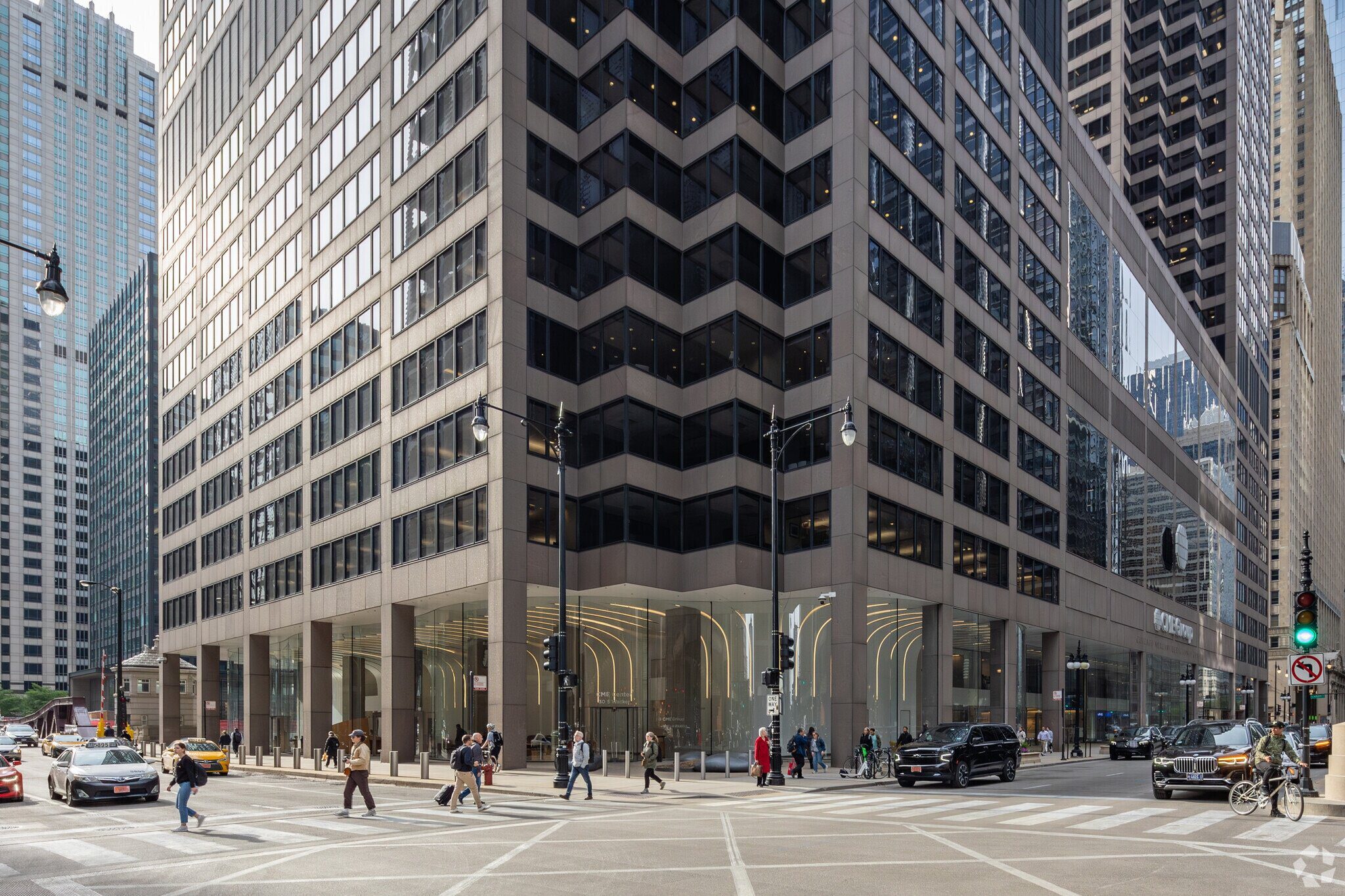January 2024
Cost of Capital is Major Impediment to Investment Sales

By: Pat Sullivan, Executive Vice President – Capital Markets
In 2022, the majority of money center and regional banks raised interest rates to combat soaring inflation, ending decades of low interest rates. While massive interest rate hikes have been hammering the commercial real estate market, the recent Federal Reserve decision to hold rates unchanged should give give the market a break. This increase in short-term interest rates led to a virtual market-led shutdown and a repricing of commercial real estate. This has led to a repricing of real estate assets in both the public and private sector.
With low interest rate loans maturing at much higher rates, real estate investors face the challenge of transacting, with market participants dealing with negative leverage. There is a gap in pricing – sellers are slow to lower their pricing expectations, and buyers are struggling to place capital at favorable yields. Add to this that lenders have a different perspectives on values, which dictates how much they will lend.
Banks are still basically out of the market, and CMBS and debt funds are an expensive option, so favorable debt capital is in short supply. Small and mid-sized banks who historically provided most commercial real estate loans have implemented tighter lending standards, making financing and refinancing challenging.
The substantial number of maturities in the debt market has added to the slowdown in the transaction market. Lenders have kicked the can down the road, and they will need to deal with those maturities in 2024. That dynamic will have an effect on the industrial market, causing some forced sales, because favorable refinance options will not be available for all borrowers.
Investors usually have two options when a loan matures – refinance and replace the existing loan and possibly get more proceeds, or sell. Both of those options don’t really exist in today’s market, unless an investor is willing to do an equity pay down of an existing loan.
In the commercial real estate world, the office sector seems to be getting all the press and creating the illusion that the whole commercial real estate sector is in trouble. The office sector is only one part of commercial real estate, albeit a large part, but the other sectors are in unusually good shape.
Industrial is truly an essential asset class and will continue to perform well in the foreseeable future. The sector remains robust with strong rent growth, even with demand slipping closer to the pre-pandemic level. Boosted by growing e-commerce demand, a constantly evolving supply chain and reshoring initiatives along with domestic manufacturing, demand for industrial space has led to unparalleled competition for available space.
The pandemic completely changed the warehousing and manufacturing space to historically high rental rates/values. The vacancy rates for distribution and warehouse space are at record lows, and have progressively declined each quarter since the end of 2020. While the sector is still very healthy, it is showing signs of softening.
The investment transaction market is muted, but as interest rates stabilize, we believe transaction activity will pick up with the narrowing of the bid-ask spreads. The current capital-constrained market has reduced new construction, with 15 percent fewer deliveries expected in 2024 and 2025, according to Green Street estimates. The market remains under-supplied, though additional supply is coming to market at the end of 2023 and 2024.
With tough lending criteria, fewer lenders and higher borrowing costs, commercial real estate investors will struggle deploying capital at favorable yields in 2024. Industrial investment sales volumes have dropped well over 50 percent so far through 2023 in the Chicago market. We expect investors to remain cautious in 2024, though eager to transact.
High interest rates, an uncertain economy and tighter credit requirements are the primary obstacles to increased deal flow. Cap rates have continued to rise throughout 2023, though we expect them to stabilize in early 2024 with an increase in transaction activity as the year progresses.
Click here to read the full story from Heartland Real Estate Business.
About NAI Hiffman:
NAI Hiffman is one of the largest independent commercial real estate services firms in the US, with a primary focus on metropolitan Chicago, and part of the NAI Global network. We provide institutional and private leasing, property management, tenant representation, capital markets, project services, research, and marketing services for owners and occupiers of commercial real estate. To meet our clients’ growing needs outside of our exclusive NAI Hiffman territory, we launched Hiffman National, our dedicated property solutions division, which provides property management, project services, and property accounting services across the country. NAI Hiffman | Hiffman National is an award winning company headquartered in suburban Chicago, with more than 250 employees strategically located throughout North America.
About Hiffman National:
Hiffman National is one of the US’s largest independent commercial real estate property management and advisory firms, providing institutional and private clients exceptional customized solutions for property management, facility management, advisory services, accounting, lease administration, lender services, project management, marketing, and research. The firm’s comprehensive property management platform and attentive approach to service contribute to successful life-long relationships and client satisfaction. As a nationally bestowed Top Workplace, and recognized CRE award winner, Hiffman National is headquartered in suburban Chicago, with more than 250 employees nationally and an additional six hub locations and 25 satellite offices across North America.


